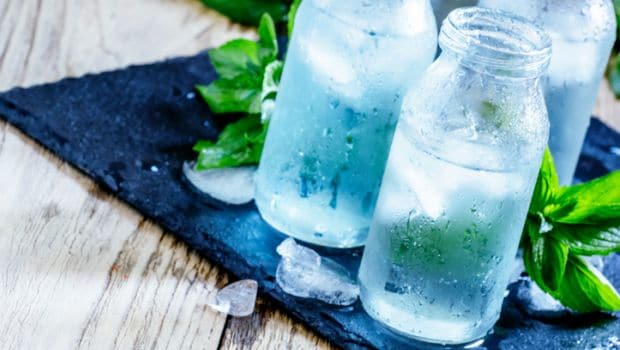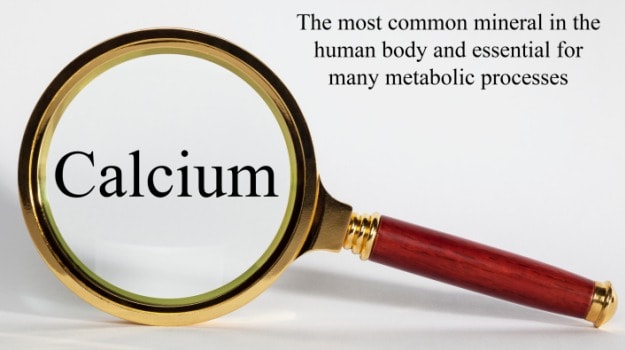Drink Mineral Water to Get Calcium, Suggests Study

A new study, conducted by a team of researchers at Leibniz University Hannover in Germany, suggests that drinking mineral water can be a good way to get calcium along with milk and other dairy products. In fact, the study claims that mineral water can be a good low-calorie alternative to drinking milk or taking supplements fulfil your body’s daily calcium requirement. The study has been published in the Journal of the American College of Nutrition.
Researchers examined how well the body can absorb calcium from five different products, each containing 300 mg of calcium, including three types of calcium-rich mineral water, milk and a calcium supplement. 21 men and women participated in the study which showed that there was no difference in how calcium from the five different sources was absorbed. Moreover, it was seen that the presence of other minerals in water did not have any effect on calcium absorption.
According to Theresa Greupner of Leibniz University Hannover, “The special feature of mineral water as a source of calcium is as a calorie-free alternative to milk and dairy products. In a world with a steadily growing number of overweight and obese people it is important to reduce the energy intake and to promote alternatives to satisfy the calcium demand apart from high caloric milk and dairy products.” The mineral content of water can be determined by reading the label.

Weight Management Expert Dr. Gargi Sharma tells us, “Your body can derive calcium from two sources: what your eat or from your bones. When food fails to meet your requirements of calcium, it is derived from the bones which can weaken them. Some of the good sources of calcium, other than dairy products, can be broccoli, ragi, figs and almonds.”
According to the Dietary Reference Intakes (DRIs) developed by the Food and Nutrition Board (FNB) at the Institute of Medicine of the National Academies, men between the age of 19 and 70 years require 1000 mg of calcium every day whereas men aged 70 years and above require 1200 mg per day. In case of women, those aged between 19 and 50 years require 1000 mg daily whereas those above 50 years will need more which is about 1200 mg per day.
[“source-food.ndtv”]
